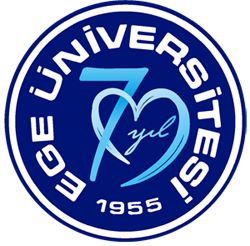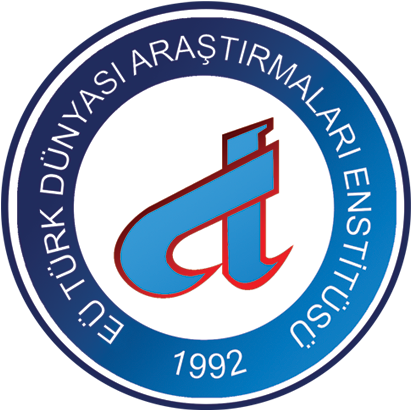.png)
III. INTERNATIONAL SYMPOSIUM ON THE SOUTH CAUCASIA IN THE CONTEXT OF SOCIAL, ECONOMIC AND POLITICAL PROGRESS IN THE POST-COLD WAR ERA (CALL FOR PAPERS)
Esteemed Scholars,
South Caucasia region, which has witnessed the domination struggles of different civilizations in every period of history, is an ancient civilization bridge located between Eastern Europe, Western Asia, and the Middle East. The historical turning point in South Caucasia occurred in the first quarter of the 19th century. The Russian Empire, which struggled with the Qajar Dynasty and the Ottoman Empire, also competed with countries such as the British Empire that wanted to play an effective role in the region. At the end of the struggle, the victorious Russian Empire maintained its dominance in the region until 1991. In addition to its strategic location, South Caucasus, with its rich underground and surface resources, became more important for the interests of the USSR over the years. As a consequence of that, other global powers, especially Turkey, which has common historical and cultural ties with Azerbaijani in the region, have been blocked by the USSR in their attempts to increase their influence in the region. There have been major struggles in the region, sometimes openly or sometimes covertly, during the Cold War period.
As a result of the collapse of the USSR, many political powers, especially Turkey, which has historical and cultural ties with Azerbaijan, have taken the path of increasing their social, economic, and cultural relations with the states in the region. During this process, the Azerbaijan-Armenia conflict that emerged as a result of the occupation of Karabakh by Armenia and the Georgia-Russia struggle have increased the tension in the region. Initiatives such as the Baku-Tbilisi-Ceyhan (BTC) pipeline and the BTC railway, which Turkey, Azerbaijan, and Georgia jointly carried out, have created new opportunities for increased potential in the region. The military and diplomatic victory of Azerbaijan in the Second Karabakh War, which took place between September 27 and November 10, 2020, has changed the regional balances and created new opportunities and risks for the states in the region.
Based on the historical and current issues mentioned above, the Institute of Turkic World Studies at Ege University has decided to organize a symposium in collaboration with Academy of the State Customs Committee from Azerbaijan and Khazar University to draw attention to the latest developments in South Caucasus and to discuss them on a scientific platform. The "III. International Symposium on the South Caucasia in the Context of Social, Economic and Political Progress in the Post-Cold War Era” will be held online on November 23-24, 2023. The main topics to be discussed within the symposium can be listed as follows:
• South Caucasia and Turkic World,
• Social and Cultural Developments in the Region,
• Regional Treaties and Conflicts,
• Economic Opportunities for the Development of South Caucasia,
• Migration and Social Integration Policies in the Region,
• Civil Society Organizations and Diasporas,
• Inter-State Energy Policies,
• Security Issues and Military Cooperations,
• Preservation of Cultural Heritage in South Caucasia,
• Risks and Opportunities in the Future of South Caucasia,
• Economic Development Policies and Growth Strategies in the Region,
• Public Administration and Public Economy in South Caucasia
• The Second Nagorno-Karabakh War and Its Consequences,
• Global Tensions and Their Effects on South Caucasia,
• International Organizations and South Caucasia,
• The Problem of "Otherness " in South Caucasia and Solutions,
• New World Order and the South Caucasia,
We are delighted and honored to invite you to the symposium. If you accept our invitation, you need to send us the abstract of your proceedings in accordance with the attached format via email (sempozyumguneykaf@outlook.com) . The final submission date for proceedings is set for October 31, 2023. It is strongly recommended that the proceedings are prepared in accordance with our "Announcement Writing Guide". Proceedings that are not prepared in accordance with the "Announcement Writing Guide" will not be accepted. The "Symposium Referee Board" will evaluate the proceedings and the authors of the accepted proceedings will be informed via email. After the symposium, the selected proceedings are planned to be published within the book by an international publishing house.
Sincerely yours,
On behalf of Syposium Organizing Committee
Prof. Dr. Vefa KURBAN
Ege University
Institute of Turkic World Studies
Head of Social, Economical and Political Relations Department in Turkic World










